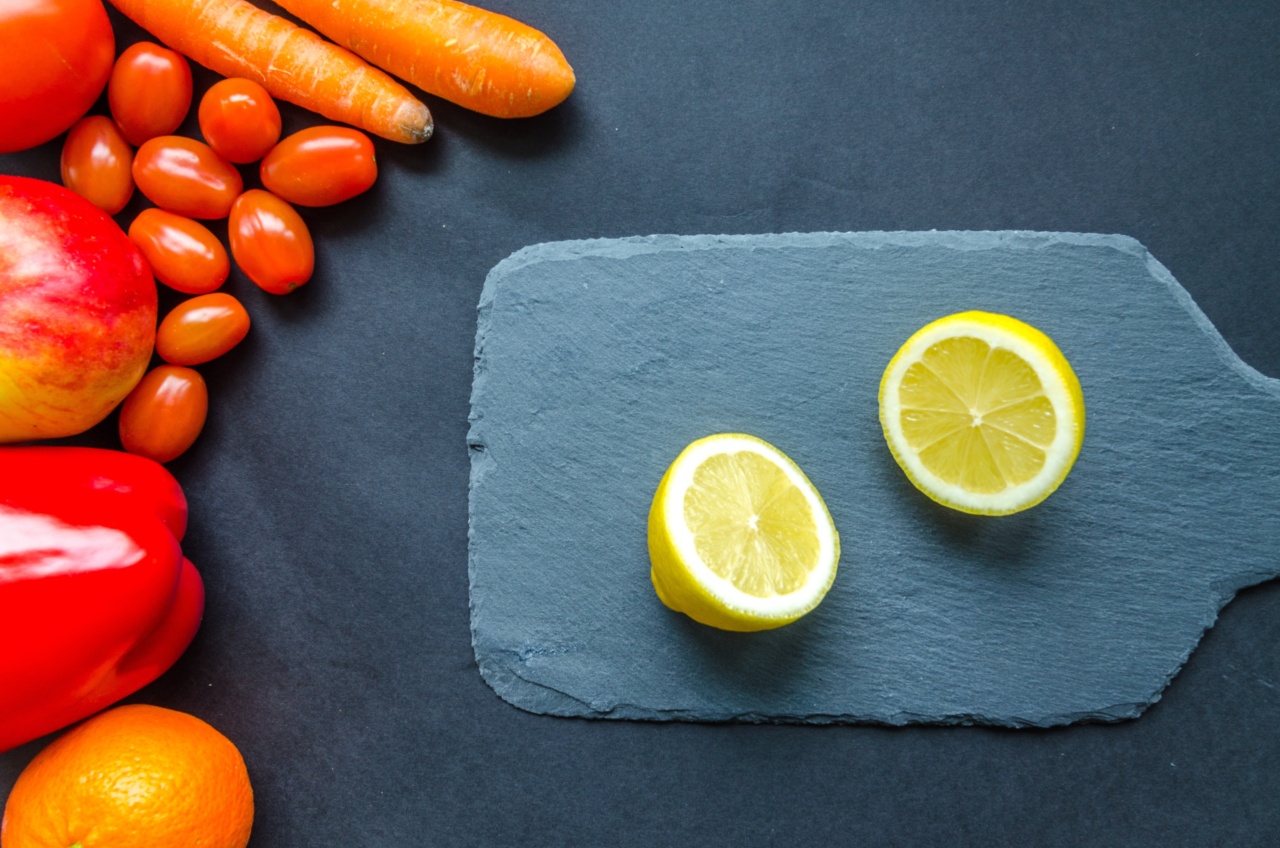Vitamin B12 is an essential nutrient that plays an important role in maintaining a healthy body. It is responsible for the proper functioning of the nervous system, red blood cell formation, and DNA synthesis.
A deficiency in vitamin B12 can lead to serious health issues, such as anemia, fatigue, and nerve damage.
While vitamin B12 is naturally found in animal-based foods, such as meat, fish, and dairy products, some people may not consume enough of these foods to meet their daily needs, particularly vegetarians and vegans.
Luckily, there are plenty of plant-based foods that are rich in vitamin B12, making it possible to obtain this vital nutrient even on a meat-free diet.
Top 8 Foods Rich in Vitamin B12 for a Balanced Diet
1. Nutritional Yeast
Nutritional yeast is a popular ingredient among vegans and vegetarians for its cheesy flavor and nutritional benefits. It is an excellent source of vitamin B12, with just one tablespoon providing up to 200% of the recommended daily intake.
Nutritional yeast is also packed with protein, fiber, and other B vitamins, making it a versatile and nutritious ingredient in many plant-based recipes.
2. Fortified Cereals
Many breakfast cereals are fortified with vitamin B12, which makes them a convenient and tasty option for those looking to increase their intake of this essential nutrient.
One cup of fortified cereal can provide up to 100% of the recommended daily intake of vitamin B12. Be sure to check the label to ensure that the cereal is fortified with vitamin B12, as not all cereal brands are.
3. Soy Products
Soy products, such as tofu and tempeh, are rich in plant-based protein and also contain significant amounts of vitamin B12. One cup of cooked soybeans provides up to 30% of the recommended daily intake of vitamin B12.
Soy products are a versatile and healthy addition to any diet, and can be used in a variety of recipes to add protein and flavor.
4. Algae
Algae, such as nori and spirulina, are a rich source of various vitamins and minerals, including vitamin B12. Just one tablespoon of spirulina can provide up to 200% of the recommended daily intake of vitamin B12.
Algae can be consumed in a variety of forms, such as supplements, capsules, or added to smoothies or salads.
5. Fortified Plant Milk
Plant-based milks, such as soy, almond, and rice milk, are often fortified with vitamin B12 to provide a nutritious and dairy-free alternative to cow’s milk.
One cup of fortified plant milk can provide up to 50% of the recommended daily intake of vitamin B12. However, it’s important to check the label to ensure that the milk is fortified, as not all plant-based milks are.
6. Mushrooms
While most plant-based foods do not naturally contain vitamin B12, mushrooms are one exception. Some varieties of mushrooms, such as shiitake and button mushrooms, contain significant amounts of vitamin B12.
However, the exact amounts can vary depending on the growing conditions, so it’s important to check the label or consult a nutritionist to determine the exact amounts in your diet.
7. Fortified Meat Substitutes
Many meat substitutes, such as vegan sausages and deli meats, are fortified with vitamin B12 to provide a complete and balanced meal for vegans and vegetarians.
One serving of fortified meat substitute can provide up to 50% of the recommended daily intake of vitamin B12. However, it’s important to check the label to ensure that the meat substitute is fortified, as not all brands are.
8. Nut-Based Spreads
Nut-based spreads, such as peanut butter and almond butter, are a delicious and nutritious way to add vitamin B12 to your diet. Just two tablespoons of peanut butter can provide up to 10% of the recommended daily intake of vitamin B12.
Nut-based spreads are also a great source of healthy fats, protein, and fiber, making them an excellent addition to any meal or snack.
Conclusion
Vitamin B12 is an essential nutrient that plays a crucial role in maintaining a healthy body, but it can be challenging to obtain enough of it on a plant-based diet.
Fortunately, there are plenty of plant-based foods that are rich in vitamin B12, including nutritional yeast, fortified cereals, soy products, algae, fortified plant milk, mushrooms, fortified meat substitutes, and nut-based spreads. By incorporating these foods into your diet, you can ensure that you are getting enough vitamin B12 to support your overall health and well-being.




























